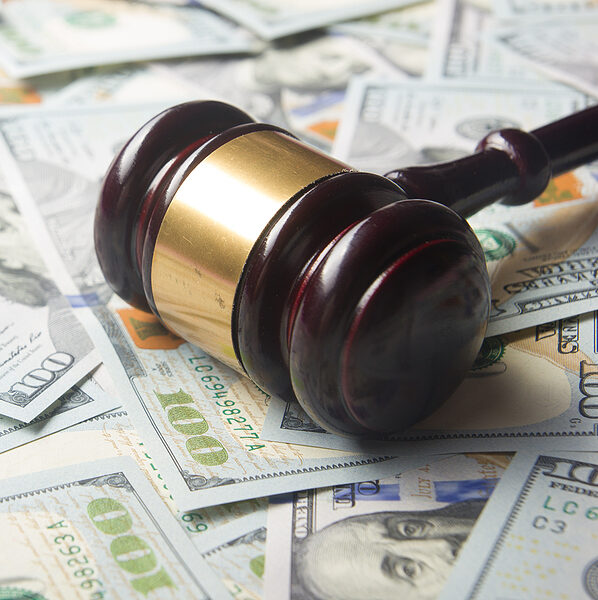Add Charleston, S.C., to the string of courtroom defeats for climate-change litigation targeting major energy producers, a legal trend likely to continue until the U.S. Supreme Court steps in.
Critics call it “lawfare” because they see it as an attempt to achieve, through the courts, what climate activists haven’t been able to pass through legislatures—often with the aim of securing large settlements or policy changes.
The wave of lawsuits began in 2018 when Rhode Island sued BP, Chevron, Citgo, ConocoPhillips, ExxonMobil, Marathon Oil, and Shell under its state climate laws. Soon after, seven other states and more than a dozen cities and counties filed similar claims.
The Democrat-led governments, backed by environmental groups, accuse oil companies of misleading the public about the impact of fossil fuels. Plaintiffs are seeking multibillion-dollar settlements modeled after the landmark 1990s Big Tobacco agreement, in which cigarette makers paid billions over deceptive health claims.
But unlike the tobacco cases, climate lawsuits have struggled in court—even in traditionally progressive jurisdictions. Judges have dismissed cases in the California Bay Area, New York, Delaware, Maryland, New Jersey, and Pennsylvania.
In early August, a South Carolina judge threw out Charleston’s lawsuit with prejudice, blocking it from being refiled. The city may appeal.
“These lawsuits promise to create a chaotic web of conflicting legal obligations for Defendants as each state and municipality (sometimes within the very same state) imposes its own de facto regulations on the worldwide production, marketing, transport, and sale of fossil fuels. Neither federal nor South Carolina law permits such a result,” Judge Roger Young wrote.
And, Young added, there doesn’t appear to be a limiting principle for these lawsuits.
“As with the list of plaintiffs, the list of potential defendants thus appears boundless. In fact, in this very case, Plaintiff has sued—alongside large energy companies, retailers, and a pipeline—two small, family-owned South Carolina businesses.”
Energy companies have long argued such cases belong in federal court, citing the 1963 Clean Air Act, which they say preempts state pollution laws. “States and municipalities cannot pursue climate change litigation under state laws, because such claims are precluded and preempted by federal law under clear U.S. Supreme Court precedent,” said Theodore J. Boutrous Jr., counsel for Chevron Corporation.
The high court has previously agreed. In American Electric Power Co. v. Connecticut (2011), U.S. Supreme Court justices unanimously ruled that the Clean Air Act took precedence over state nuisance claims regarding greenhouse gas emissions.
However, the Supreme Court has been reluctant to intervene in the latest round of suits on procedural grounds. In January, it declined to review a Hawaii Supreme Court ruling in Honolulu’s case. Two months later, it rejected a bid by Republican-led states to sue Democratic-led states for alleged interference with state sovereignty.
Meanwhile, the lawsuits get more aggressive — some say desperate.
In Washington state, a lawsuit was filed in May over the 2021 heat-related death of Juliana Leon.
According to documents filed with the court, Leon, a 65-year-old bariatric surgery patient, died after leaving her doctor’s office in Seattle during a 102-degree day. With no air conditioning in her car, she rolled down the windows for the 100-mile drive home. Hours later, she was found dead in a neighborhood.
Attorneys for her family allege fossil fuel–driven climate change caused the extreme heat that led to her death and are seeking damages for her suffering before she died.
Although the suit claims it does not seek to regulate fossil fuels, its language mirrors other city and state climate complaints.
“With all these cases all over the country, it would have been very helpful for the Supreme Court to at least lay down the standards and the rules of the road for how these cases should be looked at,” said Philip S. Goldberg, special counsel to the Manufacturers Accountability Project, at a webinar hosted by the Washington Legal Foundation last spring.


